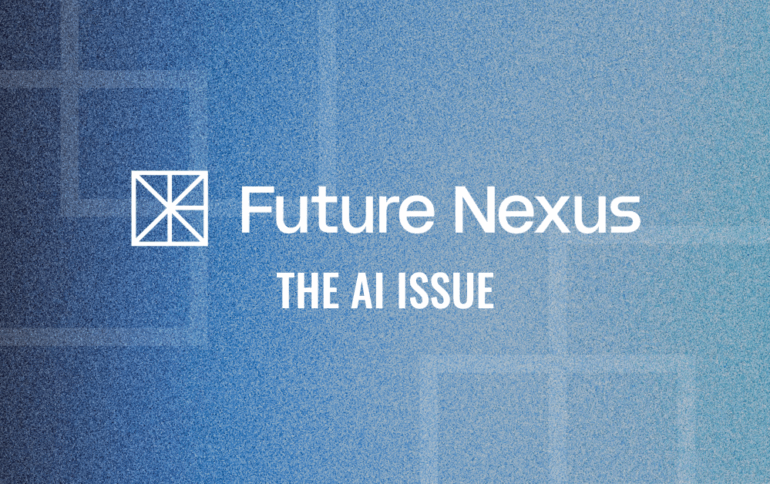In a country that built its tech edge on global talent, a six-figure entry fee now stands at the border.
The U.S. just rolled out a $100,000 surcharge on new H?1B visa petitions. While the intent is to curb abuse of the system — and perhaps re-onshore talent in what’s proved to be an increasingly challenging job market — the reality is nuanced.
A 2025 AI Talent Report — worth noting: by the White House itself — had found non-U.S. citizen PhD students comprise nearly half of AI-relevant PhD graduates.
Another study, issued by the Institute for Progress, discovered that 60% of the top US-based AI companies, defined as those on the 2025 Forbes AI 50 list, have at least one immigrant founder. Axios reporting unearthed their respective companies saw a cumulative $118.8 billion in funding, compared to just $7.2 billion flowing into the named companies not co-founded by immigrants.
For context, data shows NVIDIA filed 1,434 applications for H-1B visas in the first 3 fiscal quarters of 2025 alone. And although there’s a possibility a giant like NVIDIA could eat what the cost of this could now be worth, a lean startup certainly could not.
Given the acute specialization of domains like deep learning and infrastructure, many AI labs and startups often depend on PhD-level specialists and foreign-born engineers to fill niche roles that help them stay on the frontier. Elevating the cost or friction of that global flow could reshape who leads and who lags.
It’s possible, too, that this could have the unintended effect of offshoring work entirely. If it’s too expensive to bring talent in, some companies might migrate operations overseas or simply hire remote-first teams. Bright-eyed almost-founders might also opt to start their AI companies in a competing geography, in lieu of flocking to the U.S.
The danger, therefore, is not just in lost hires. It’s in lost ideas. What if the next big architecture or paradigm-shifting insight never lands in the U.S.?
With resources for human labor tightening, digital labor is filling the gap. Today, we delve into emerging marketplaces where companies can deploy and discover AI agents for hire.
—The Editors


